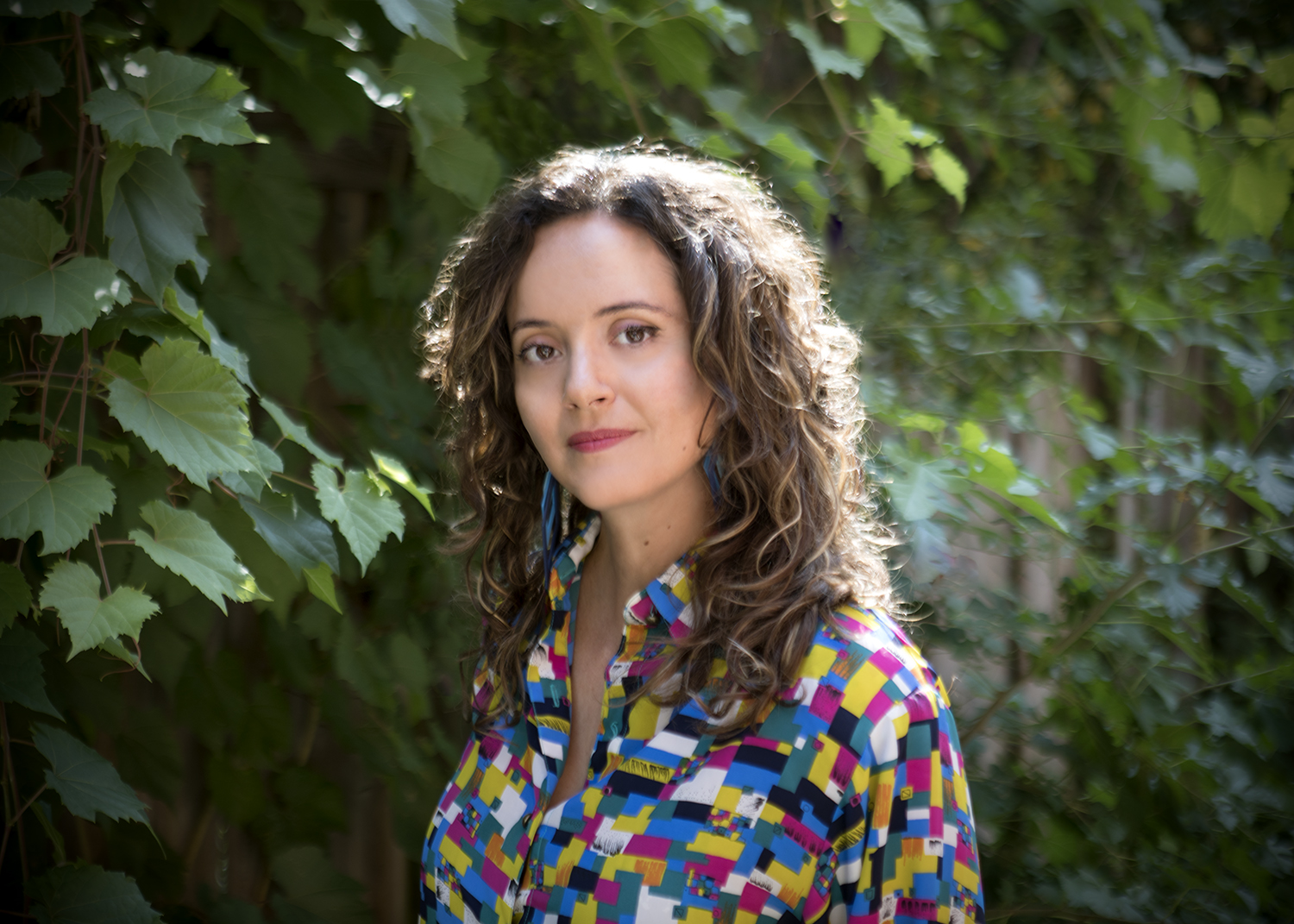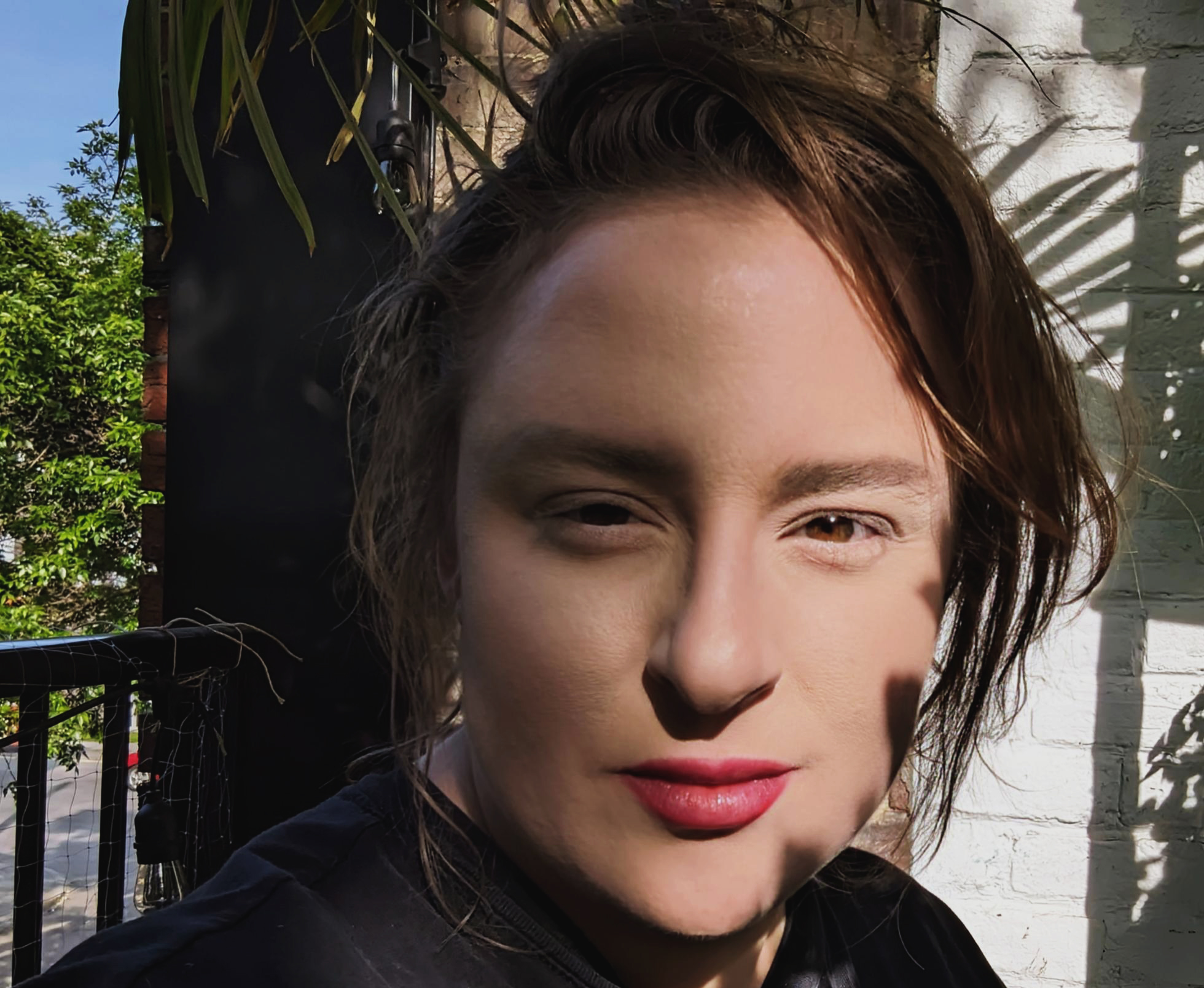Digital Residencies
Esse is pleased to present a new series of digital residencies that invite researchers to immerse themselves in articles from various Canadian cultural and scholarly journals, and to establish a dialogue with their own research in light of current aesthetic, political, and social issues.
Leading to the writing of an original essay published on the esse.ca platform, these digital residencies aim to develop the transmission of critical thought. Researchers are invited to enter into dialogue with key texts produced over the last three decades and published in journals hosted on the Érudit platform and in the Esse online archives. While focusing on the field of contemporary art, they may also include other disciplinary approaches (sociology, art history, philosophy, etc.).
In addition to full access to all the online content of Esse and to all the free archives on the Érudit platform, the authors will have support from Esse’s editorial committee for the reading and editing of their essay, as well as a research and writing honorarium of $1,500.
The essay must be between 1,500 and 2,000 words in length. Authors may write in either French or English. The first two digital residencies will begin in June and July 2025. Final submissions are due no later than September and October 2025.
To apply, you must send a 500-word text summarizing your research intention, as well as two texts, published or unpublished, to [email protected] by May 1. Please use the subject line “Digital residency application.”
Please provide the following information:
1. Personal information
• Full name
• Pronoun used (optional)
• Phone number
• Email address
2. Supporting documents
• A short biography (maximum 100 words).
• Research intention (maximum 500 mots): describe the questions you wish to address during the residency, the key notions and concepts that will guide your research in the archives, or the subjects, artists, or issues you wish to write about.
• Two examples of texts, published or not, maximum 1,000 words each. If the texts are longer, indicate the part of the text to which the reading committee should pay attention.
If you have questions about the application process or need specific accommodations to help you succeed in applying, please contact us at [email protected].



